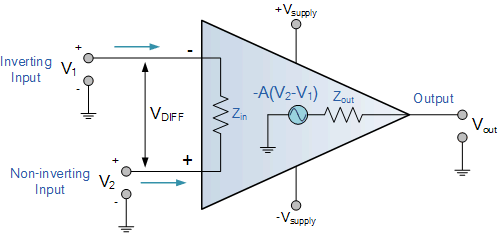My journey to understand business and evaluation of business - Part 2

It is important to predict business outcomes for long term of at-least 10 years with good safety margin irrespective of market quotation for success in long term investment strategy. For this business should have good earning potential in next 10 years. I prefer to follow this strategy as I am not a full time trader. List you circle of competence and go to step 1 only if its inside my circle of competence. Step 1 Predictable earnings - 10 yrs EPS to be found See if it has upward trajectory if there is any anomaly in any years - find the reason behind the anomaly. Step 2 Higher the price you pay lower the rate of return Find the initial rate of return: Price of the stock in current year(x) : Expected earning per share for current year(y) : ...
